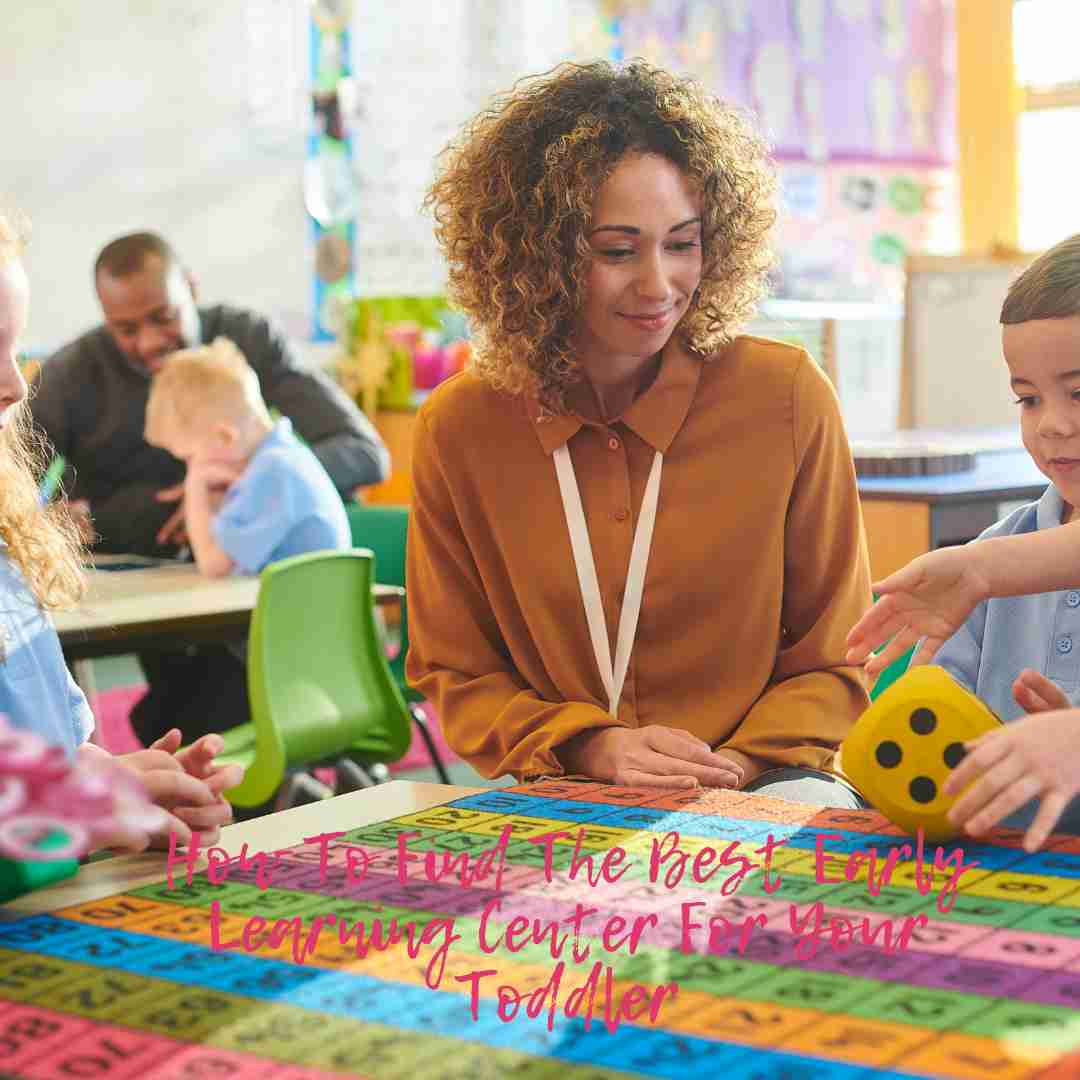Selecting an early learning center for your toddler is a critical decision that profoundly impacts their developmental milestones and overall enthusiasm towards learning. This choice influences their cognitive skills and social, emotional, and physical growth during these formative years.
Finding a nurturing environment where your child feels safe, loved, and stimulated is paramount. As you explore options, consider how each center’s curriculum, philosophy, and community could best serve your child’s unique needs. Choosing a place that aligns with your educational values and expectations is essential to ensuring your toddler thrives.

Read on to discover key factors that will guide you in making the best choice for your child’s early education.
Investigating Curriculum And Philosophy
A toddler’s early learning experience shapes their future development. The curriculum and educational philosophy at the center serves as the foundation for this experience.
Here’s how to explore these key aspects:
1. Curriculum
Look for a curriculum that prioritizes play-based learning. This approach recognizes the importance of play in fostering a love of learning in young children. Activities should be age-appropriate, sparking curiosity and encouraging exploration. These activities should also provide opportunities for social interaction, where toddlers learn valuable skills like communication and cooperation.
2. Learning philosophy
Many centers have a specific educational philosophy that guides their teaching methods. Popular approaches include Montessori, which emphasizes self-directed learning and exploration, and Reggio Emilia, which focuses on creativity and project-based learning. Research these philosophies to see if they align with your vision for your child’s development. For instance, a Reggio Emilia-inspired program might be a great fit if you value creativity and self-expression.
Understanding the curriculum and educational philosophy will give you valuable insight into how the center fosters your child’s intellectual, social, and emotional growth. Choose a Quality Early Education Program that aligns with your values and provides a nurturing environment that sparks your child’s natural curiosity.
Assessing The Learning Environment
A toddler’s world is one of exploration and discovery. The physical environment at a learning center plays a crucial role in supporting this development.
Here’s what to look for during your visit:
1. Classroom setup
Observe how the classroom is organized. Is there a designated space for active play with gross motor toys like balls, climbing structures, and ride-on vehicles? Look for quieter
areas with comfy seating and bookshelves to encourage reading and relaxation. The space should also have dedicated zones for creative exploration, where children can engage in creative play with art supplies, building materials, and dramatic play props. This variety ensures toddlers can engage in age-appropriate activities catering to their interests.
2. Materials and resources
Inspect the quality and variety of learning materials available. Are there plenty of age-appropriate toys that encourage exploration and problem-solving? Look for a good mix of open-ended toys that allow for creativity, like blocks and building materials, alongside puzzles and manipulative toys that help develop fine motor skills. The presence of a well-stocked bookshelf with colorful and engaging children’s books further fosters a love for reading.
A well-organized and stimulating environment with various learning materials is essential for fostering a toddler’s cognitive, social, and physical development.
The Teachers Make A Difference
Teachers play an irreplaceable role in shaping a toddler’s early learning experience. Their qualifications, approach, and interactions with children directly impact your child’s development.
Here’s what to consider when evaluating the teachers:
1. Qualifications
Research the teachers’ credentials and experience. Look for educators with a background in early childhood education and a passion for working with toddlers.
2. Teacher-to-child ratio
A low teacher-to-child ratio allows for more individualized attention and ensures each child’s needs are met. Inquire about the center’s typical ratios for your toddler’s age group.
3. Teacher-child interactions
Schedule a visit to observe the teachers interacting with the children. Do they appear warm, patient, and engaging? Notice if they get down to the children’s level and use positive reinforcement techniques.
The teachers at a center are like gardeners nurturing young minds. By prioritizing qualified, attentive, and engaging educators, you can ensure your child receives the guidance and support needed to blossom.
Safety And Security
A top priority when choosing a toddler learning center is ensuring your child’s safety and well-being.
Here are the aspects to consider:
1. Facility maintenance
The center’s overall cleanliness and upkeep should be excellent. Inspect the floors, furniture, and play areas for hazards. Ensure the playground equipment is age-appropriate and well-maintained with soft landing surfaces.
2. Security measures
Inquire about the center’s security protocols. Look for secured entry points with a sign-in system or keypad access. Video surveillance in common areas can be a deterrent, but ensure it is used responsibly and in accordance with privacy laws. Most importantly, children should always be adequately supervised, especially during outdoor play.
A clean, well-maintained facility with strong security measures provides peace of mind, allowing you to focus on your child’s learning and development.
Conclusion
Selecting the right early learning center is pivotal for your toddler’s growth. As you consider your options, focus on finding a center with a stimulating curriculum, supportive environment, and attentive staff. These elements are crucial for nurturing your child’s potential and laying a solid foundation for their future learning. With the right choice, you can look forward to seeing your child develop confidence, creativity, and skills that will serve them well throughout their educational journey.
